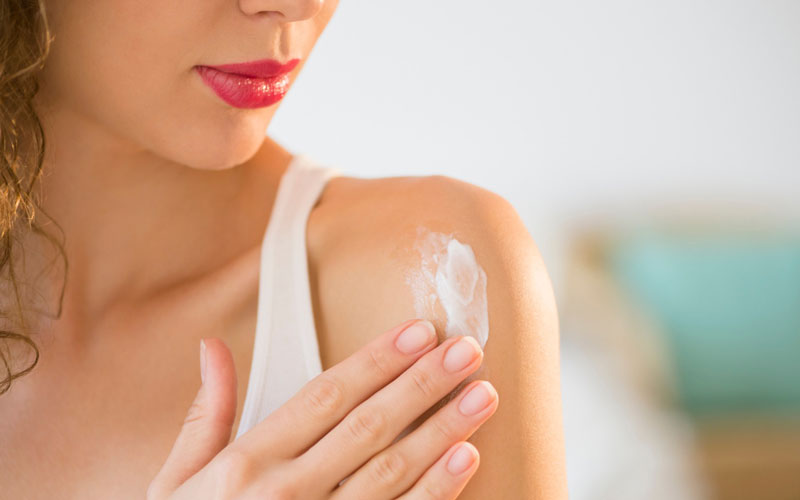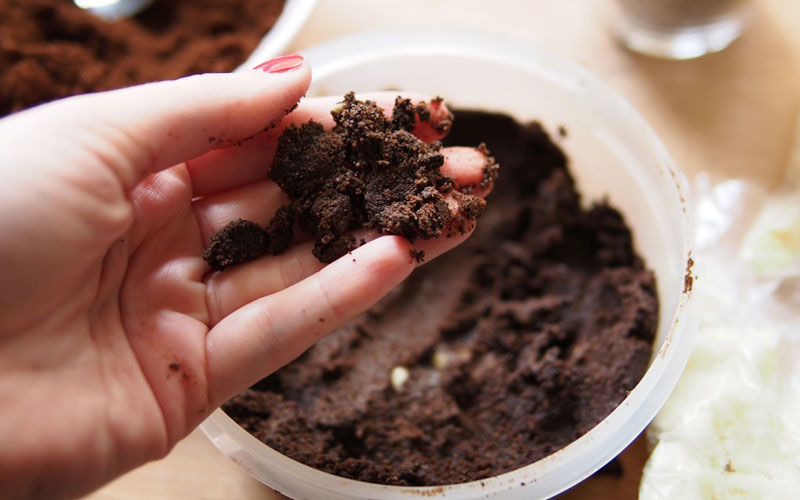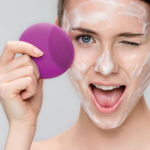1 Understanding Your Skin Type

Our skin can be broadly categorized into four types: oily, normal, dry, and combination. You can identify your skin type by observing the conditions on your facial skin.
If your facial skin tends to produce excess oil in the T-zone (forehead, nose, and chin) but is dry on the cheeks, you have combination skin. If your skin feels dry, flaky, and itchy, then you likely have dry skin. For these skin types, it is recommended to exfoliate once a week to keep the skin clear and maintain its natural moisture and elasticity.
For those with normal skin, it is easily recognizable as both your facial and body skin will appear supple and smooth. Congratulations if you fall into this category! To maintain your naturally radiant and smooth skin, exfoliate once or twice a week. Avoid over-exfoliating as it can lead to dryness and thinning of the skin.
For individuals with oily skin, it is advisable to exfoliate two to three times a week to unclog pores and remove excess sebum and dirt from the skin’s surface, resulting in a clearer and smoother complexion.
2 Pay Attention to the Weather

If it’s a hot season, don’t forget to apply sunscreen after exfoliating, especially one with moisturizing properties, to protect and hydrate your skin.
During dry and cold weather, it is best to avoid exfoliating too frequently as it can strip away the skin’s natural moisture. Limit exfoliation to no more than twice a week and always follow up with a moisturizing lotion or cream. To combat the dryness, consider adding a few drops of olive oil or fresh milk to your exfoliator for extra hydration.
3 Work Environment Matters, Too

For those who work in an air-conditioned office, excessive exfoliation can dehydrate your skin. Limit full-body exfoliation to once a week to maintain the skin’s natural moisture balance.
On the other hand, if your work involves spending time outdoors or causes you to sweat, pay extra attention to exfoliating. Sweat can clog pores and lead to back acne and itchy rashes. Exfoliate once or twice a week to keep your skin and pores clear. However, avoid overdoing it to prevent skin abrasion and the overproduction of melanin, which can cause skin darkening and discoloration.
4 Post-Exfoliation Skin Care

After exfoliating, your skin will be sensitive and delicate, with minimal natural moisture. Instead of using a body wash, simply rinse your body with clean water and pat yourself dry. Follow up with a deep moisturizing lotion or body serum to replenish the skin’s moisture. These products typically contain natural oils and deep moisturizing ingredients, so you don’t have to spend a fortune to find an effective option.
Additionally, remember to apply sunscreen at least 30 minutes before stepping out into the sun, and reapply every two hours if you exfoliated in the morning. The sun’s UV rays can be damaging to freshly exfoliated skin, so take extra care to protect your skin from the sun.
5 DIY Body Scrubs

Create a powerful exfoliating and antibacterial scrub by mixing three tablespoons of pure salt with three to four drops of Citrus hystrix (also known as kaffir lime) extract. Massage the mixture gently into your skin for 15 minutes and then rinse with warm water. This scrub is ideal for those with a thick layer of dead skin that hasn’t been exfoliated in a while. You can also add a small jar of honey to the mixture to provide your skin with essential moisture.
Alternatively, you can make use of used tea leaves or coffee grounds by mixing them with a small amount of olive oil, honey, and lemon juice to create a gentle yet nourishing scrub suitable for all skin types. This natural scrub will not only exfoliate your skin but also leave it feeling soft and moisturized.
We hope that this article has provided you with valuable insights into the important considerations for full-body exfoliation, along with some easy-to-make DIY scrubs that you can try at home!
Using Bing AI on Your Phone to Accurately View Weather Updates for Multiple Locations – A Guide
 Weather Updates for Multiple Locations – A Guide’>
Weather Updates for Multiple Locations – A Guide’>Keeping track of the weather is easier than ever with a revolutionary new tool. Discover how this one-touch weather tracker allows you to monitor conditions in multiple locations!




































